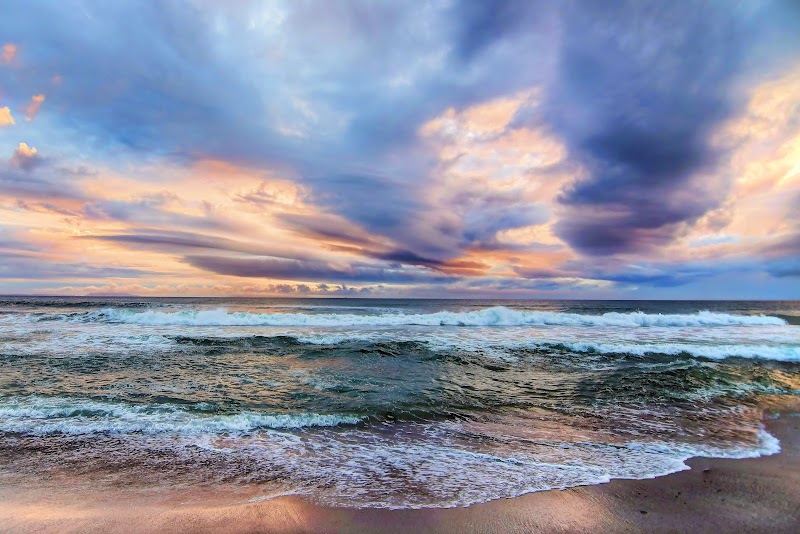
Mandalay Bay Estuary Conservation Area Adventures
Mandalay Bay Estuary Conservation Area protects a critical coastal wetland habitat along the Las Vegas Strip, offering unique wildlife viewing and a peaceful natural setting amid urban surroundings.
About Mandalay Bay Estuary Conservation Area

The Mandalay Bay Estuary Conservation Area is a rare and important coastal wetland located within the resort corridor of Las Vegas, Nevada. Originally constructed as a stormwater retention basin, this estuarine habitat has evolved into a thriving sanctuary for native fish, birds, and other wildlife species. The estuary covers approximately 30 acres and consists of marshes, freshwater ponds, and tidal channels, providing refuge for migratory birds and endangered species. This conservation area is unique in southern Nevada as one of the few preserved wetlands in the region, offering an ecological counterpoint to the surrounding urban development. Visitors to the estuary can enjoy well-maintained walking paths, observation decks, and interpretive signage that highlight the importance of wetland ecosystems in an arid environment. The site supports a range of outdoor activities including birdwatching, photography, and casual strolls in a quiet and scenic environment. Its proximity to major hotels and the Las Vegas Strip makes it a convenient natural escape for tourists and locals alike. The conservation area's role extends beyond recreation, as it contributes to water quality improvement by filtering stormwater runoff before it enters Mandalay Bay and adjacent coastal waters. Through ongoing preservation efforts, the Mandalay Bay Estuary Conservation Area stands as a model of urban wetland conservation and environmental education within a heavily developed metropolitan setting.
Highlights
Estuarine wetlands providing high-value habitat for migratory birds and native fish
Observation decks designed for wildlife viewing and environmental education
Walking paths with interpretive signage explaining wetland functions
Close urban proximity offering an accessible natural refuge amid Las Vegas Strip development
Notable Natural Features
Freshwater Marshes
Provide critical habitat for native fish species and attract waterfowl throughout the year.
Observation Decks
Allow visitors unobstructed views of the estuarine ecosystem and its inhabitants.
Interpretive Signage
Educates visitors about wetland ecology, conservation efforts, and local wildlife.
